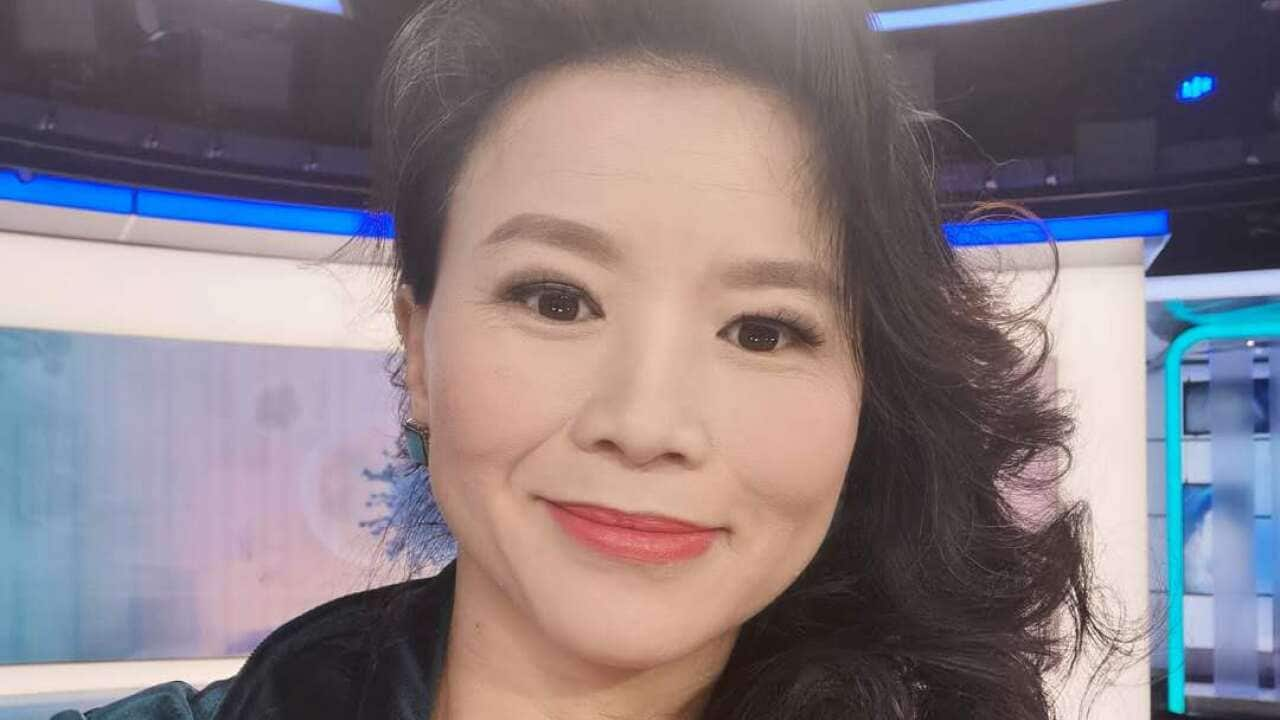A has accused the Australian government of "hypocrisy" and "double standards" on press freedom after two Australian journalists were forced to flee the country.
ABC foreign correspondent after they were sought for questioning regarding an investigation against detained Australian-Chinese journalist Cheng Lei.
It is the first time in almost 50 years that there are no Australian journalists in China.
On Wednesday, however, the English-language Global Times newspaper appeared to put the blame on Australia, alleging that security agencies had raided the homes of unidentified Chinese journalists in Australia and seized their smartphones and computers in June.
"Such behaviour severely infringed on the legitimate rights of Chinese journalists, and the incident exposed Australia's hypocrisy in upholding so-called 'freedom of the press'," the article read.
"If Australia continues on its wrong path of anti-China and does not step back, it would backfire."
The article, published on Wednesday, went on to accuse the Australian government of attempting to cover-up the raids, citing an unidentified "source close to the matter".
It also referenced the , including SBS, to push back against laws that they say limit media freedom in Australia.
"No matter how hard Australia tries to cover it up, it cannot conceal its hypocrisy and double standards in practising its so-called freedom of the press," The Global Times article continued.
Another article by , also Chinese government-owned, said the raid on journalists took place on 26 June, around the same time Australian Federal Police searched the home of NSW Labor MP Shaoquett Moselmane over alleged links to China.
Mr Moselmane called an impromptu press conference after his home was searched, where he suggested the AFP's investigation related to other individuals who may have sought to advance the goals of the Chinese government, but did not extend to him.
"The federal agents have a job to do and it is imperative that they do their job without state and federal political interference," he said at the time.
"I am under no illusion that this is a serious investigation, the first of its kind, precedents will be set."
Foreign Minister Marise Payne referred questions about the Global Times article to the Home Affairs Department, which manages the Australian Intelligence Security Organisation (ASIO).
On Tuesday, however, she said it was "disappointing" that Australian media organisations would not have representatives on the ground in China for "some period of time".
"Australia is, of course, a strong supporter of media freedom," she added.
Tensions between Australia and China erupted last week with the announcement that Ms Cheng, a popular Australian presenter working at Chinese state-broadcaster CGTN, .
"The overall relationship [between China and Australia] continuously reaches new lows," said David Brophy, a senior lecturer in modern Chinese history at the University of Sydney.
Dr Brophy said it appeared the evacuation of the Australian journalist from China was the "trigger" for the publishing of the Chinese allegations.
"China's actions may well have been to some degree a response to an incident in Australia, but we were kept in the dark about," he said.
"Security agencies in Australia are clearly having a considerable influence on the direction of the Australia-China relationship, and their ability to undertake actions like this that will then provoke predictable responses from China sets up a dynamic in which we can expect the relationship to continue to deteriorate."
Late on Tuesday, on suspicion "of criminal activity endangering China's national security".
"The case is still in the process of investigation in accordance with the law," foreign ministry spokesman Zhao Lijian said, adding that her "legal rights and interests are all receiving full legal protection". The 45-year-old was last seen on 27 August when Australian officials were permitted a virtual consular visit.
The 45-year-old was last seen on 27 August when Australian officials were permitted a virtual consular visit.

Detained Australian journalist Cheng Lei. Source: CGTN
In the wake of Ms Cheng's arrest, Chinese security officers visited the homes of both Mr Birtles and Mr Smith last week, leading them to shelter in Australian diplomatic compounds for several days while officials negotiated to allow them to leave the country.
The Australian journalists were both questioned about Ms Cheng's case before they left China, with Mr Zhao describing the actions as within the "normal enforcement of law".
The Department of Home Affairs has been contacted for comment.











